Food Poisoning: Causes, Symptoms and Treatment

Food safety is a critical issue in India that can have significant health implications. According to the World Health Organisation, an estimated 2 million deaths occur every year due to food poisoning. It is a foodborne illness that can cause severe symptoms and even death in a few cases.
The effects of food poisoning are most serious for people aged 65 years or more, younger children under age 5, pregnant women or those who have a weak immune system. Therefore, you should not overlook the health condition and consult a doctor for proper diagnosis and treatment.
What is Food Poisoning?
Food poisoning meaning an infectious health condition that is caused by eating food or water that has been contaminated or germ-infested. The food can get polluted at any stage of processing or production. Contamination can also happen if the food is not being handled or cooked properly.
Usually, pathogens are found in most types of food we eat. But they are likely to get killed from the heat during cooking. Foods that are eaten raw are primary sources of food poisoning. In many cases, water, dairy products, eggs and meat also get contaminated and can cause foodborne illness if not cooked properly.
At present, there are 250 types of food poisoning. However, the most common kinds are E. coli, Salmonella, Listeria and Norovirus. Other types of less common conditions that can be transferred via food are shigella, botulism, vibrio and campylobacter. While foodborne illnesses occur only as frequent outbreaks in India, they should not be overlooked and adequate treatment must be taken.
The symptoms of food poisoning typically go away within a few days. However, in severe conditions, it can cause morbidity or other health consequences.
What Causes Food Poisoning?
Primarily, food poisoning is caused by three infectious pathogens: viruses, bacteria or parasites.
Contamination may occur at any point of food production or processing: growing, harvesting, storing, shipping or preparation. In many cases, cross-contamination can also happen, transferring harmful organisms from one surface to another. This particularly happens in the case of raw or ready-to-eat foods like salads, etc.
Many viral, parasitic or bacterial agents can cause food poisoning. Depending on the contaminant, the onset of symptoms and means of transmission may vary.
Symptoms of Food Poisoning
Food poisoning symptoms will vary depending on the source of contamination. However, the most common symptoms are:
- Vomiting
- Nausea
- Abdominal pain and cramps
- Diarrhoea, often with blood in stool
- Fever
- Fatigue and weakness
- Loss of appetite
However, the most serious health complication of food poisoning is dehydration. This is especially true for patients who are more susceptible to infectious organisms, such as the old, children or pregnant. Symptoms caused by food poisoning typically lasts for a few hours to several days.
However, if you experience the following signs and symptoms, it is crucial to seek medical attention:
- Blood in stool or when you vomit
- Vomiting frequently if you are unable to keep the liquids down
- Severe abdominal cramps or extreme pain
- Diarrhoea for three days or more
- A fever higher than 100.4 F
- Neurological symptoms like muscle weakness, blurry vision or tingling sensation in the arms
- Symptoms of dehydration such as dry mouth, feeling excessively thirsty, severe weakness, light-headedness, little or no urination, dizziness
Risk Factors
The extent to which food poisoning will affect you depends on several factors – the organism, your age, health condition and the amount of exposure. The following are at high risks of getting food poising and have severe symptoms:
Pregnant women: During pregnancy, a woman undergoes severe metabolic changes and circulation. This increases the risk of food poisoning. In rare cases, even the foetus may get affected.
Infants and young children: Since their immune systems have not developed fully, they are at a high risk of food poisoning by bacteria, viruses and parasites.
Older adults: As people get old, the immune system gets impacted and it may not respond much effectively and quickly to infectious organisms. This increases the risk of food poisoning.
Patients with chronic diseases: People who have chronic health conditions like liver disease, diabetes or AIDS, or receiving radiation or chemotherapy for cancer, may have a compromised immune response.
How to Diagnose Food Poisoning?
The doctor will assess your symptoms of food poisoning and ask about what you had eaten recently. Depending on the signs and symptoms, you may be required to undergo a blood test which will help detect if the health condition is caused by bacteria. You may also need to provide a stool sample to diagnose what germ is causing such infection.
Janta X-ray Clinic is recognised for its excellence in diagnostic and healthcare services, providing reliable testing for food poisoning.
Treatment & Prevention
While food poisoning symptoms usually go away within a few hours or days, severe conditions may require taking antibiotics, over-the-counter medicines or IV liquids to stay sufficiently hydrated.
Here are some prevention tips to follow:
- Keep raw foods away to prevent cross-contamination
- Wash your hands, food surfaces and utensils regularly
- Cook foods at a safe temperature
- Refrigerate perishable foods quickly
- Wash vegetables and fruits thoroughly
For reliable and prompt diagnostic testing of food poisoning, trust Janta X-ray Clinic. We also provide free home sample pickup and blood collection in Delhi.
Disclaimer: The information on this website should not be used as a substitute for professional medical care or advice. Contact a health expert if you have questions about your health.




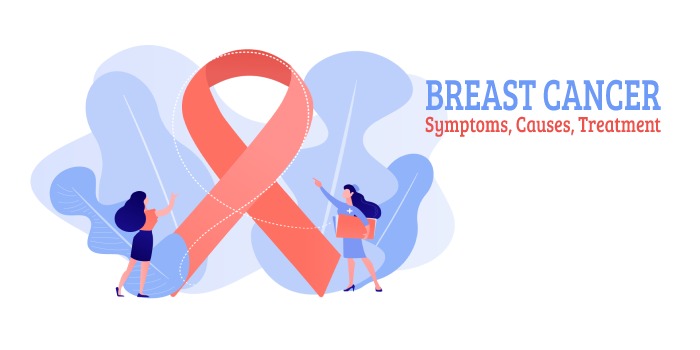
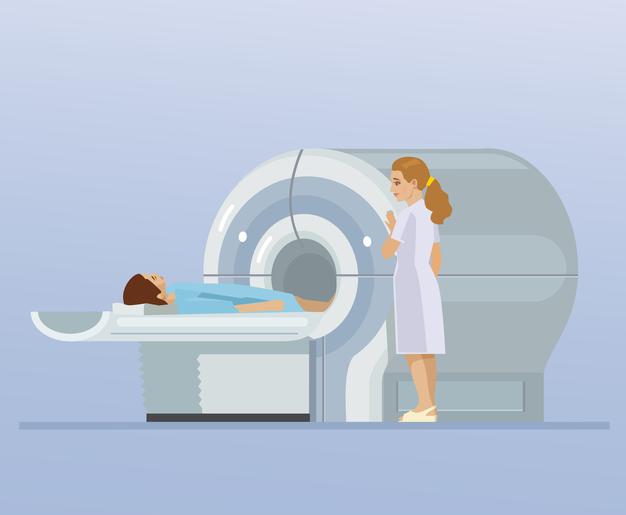
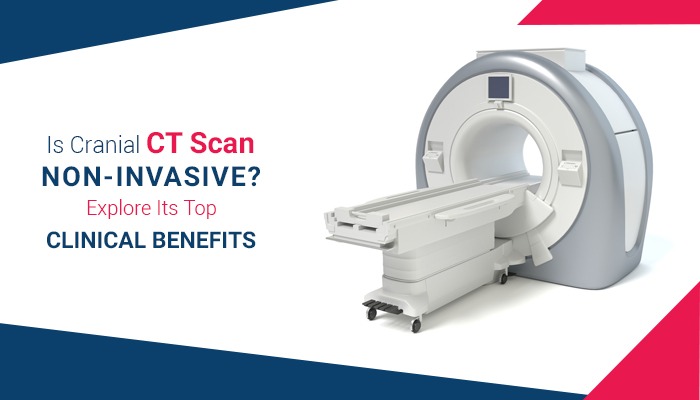
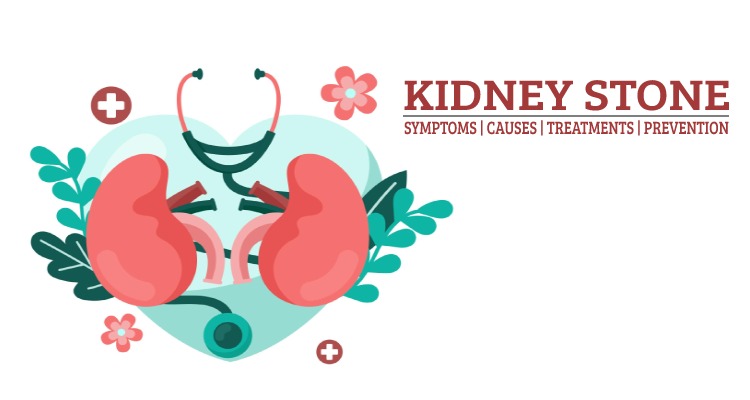

.png)
.jpg)

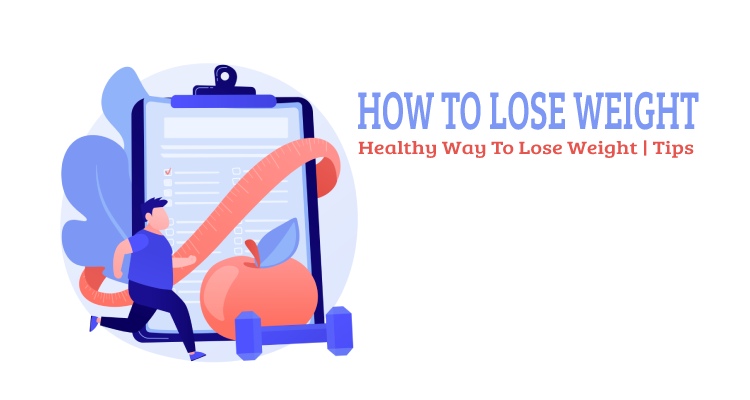
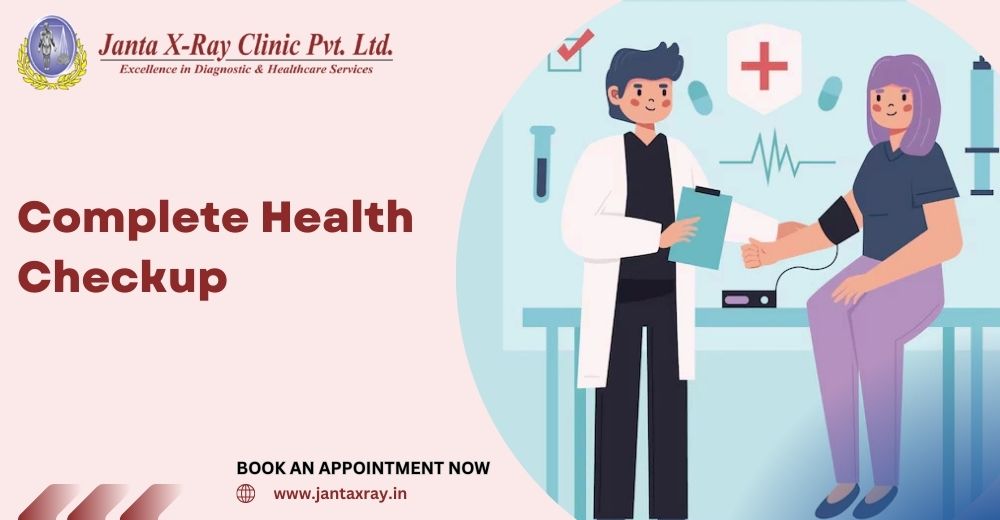
Comments List